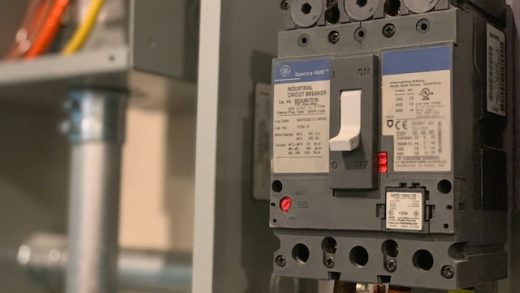What Are County Bail Bonds For?
Choosing a bail bonds company to help you get released from jail can be stressful. So you want to know what they do and how they work before you start to look for a company. You’ll also want to know how much you can expect to pay for a bail bond.
Pre-trail bonds
Obtaining a pre-trial county bail bond isn’t easy, but the rewards are well worth it. For starters, defendants can live outside jail until their scheduled court date. On top of that, they can take advantage of the county’s Pre-Trial Services program, which gives them a leg up in the race to reduce their sentence. Besides, obtaining pre-trial Lackawanna County bail bonds doesn’t have to cost a fortune. The best part of getting a pre-trial county bail bond from a professional bonding company is that the state regulates them. This ensures that you will get the best possible deal.
Surety bonds
Whenever a person is arrested, they may be locked up. However, a few different options exist for getting them out of jail. One option is a surety bond. This type of bond is often used by people who cannot pay the bail themselves. A surety bond is a legal contract between three parties. The principal is the person arrested, the obligee is the court or government agency, and the surety is the company providing the bond. Surety bonds work by spreading out the risk. The surety company will cover the loss if the defendant does not attend court. They will also make sure that the person can comply with court rules. If you want to post a bond for a friend or loved one, you should be prepared to pay a premium. The premium will be based on the credit rating of the bonded person. Having a copy of the legal paperwork and receipts is also essential.
Collateral bail bonds
Getting bail collateral is an excellent way to get a defendant out of jail. It helps the bonding agent justify the risk of the bond. Collateral can be a house, a car, jewelry, stocks, or value. The most common type of collateral is real estate. To use real estate as collateral, a defendant must first file a deed with the county courthouse. This deed must show that the property is free and clear and has no tax liens. Then, if the court approves bail, the parcel will be collected and sold by the court. Cash is another type of bail collateral. It is easy to exchange and can be used for smaller bail amounts. Most bail bond agents accept cash collateral. This form of bail bond is beneficial for out-of-state arrestees. However, the downside is that the defendant must pay the entire bail amount upfront. Another type of bail collateral is a vehicle title. The title of a vehicle will not be affected until the defendant’s court date. After that, however, the car’s actual value will need to be determined.
How they work
Generally, when someone is arrested, the police will take them to the local law enforcement station, where they will be booked and processed. The person will then be taken to a jail in the county where they will be incarcerated. After the person has been processed, they will be scheduled to appear in court. The court will then set a bail amount. Typically, bail is paid before the person appears in court. If the defendant does not appear in court, the court can forfeit the bail money. A bail bond agent will attempt to bring the defendant to court. They will ask for the defendant’s full name, charges against the person, and any additional information. They will also ask for any collateral. Collateral may include items such as jewelry, cars, or houses. If the defendant does not provide the collateral, they will be returned to jail. The bail bond agent will return the money to the person who paid the bail. The money is usually released within two to six weeks.




